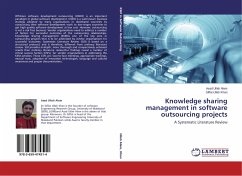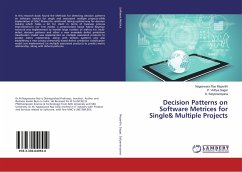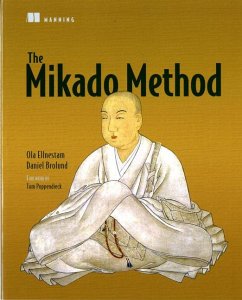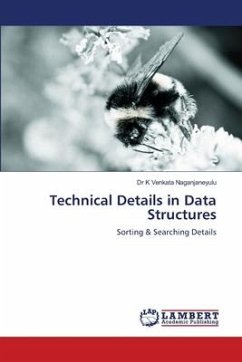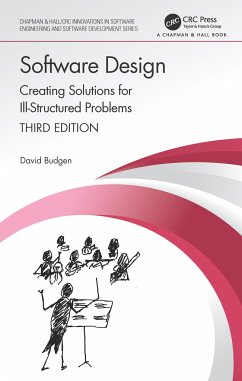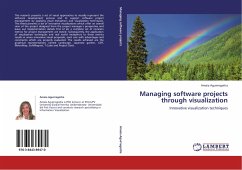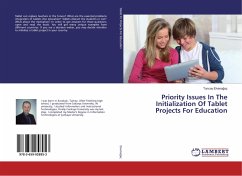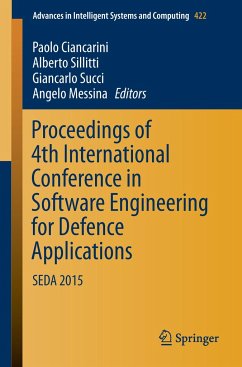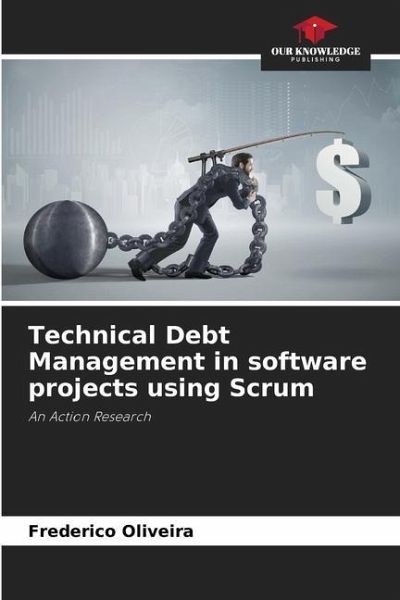
Technical Debt Management in software projects using Scrum
An Action Research
Versandkostenfrei!
Versandfertig in 6-10 Tagen
36,99 €
inkl. MwSt.

PAYBACK Punkte
18 °P sammeln!
Ward Cunningham in his experience report at OOPSLA'92 introduced the metaphor of Technical Debt. This metaphor is related to immature, incomplete or inadequate artifacts in the software development cycle that cause high costs and low quality. A strategy for managing Technical Debt is still a challenge because it is something that is not part of the development process. Carolyn Seaman and Yuepu Guo proposed a framework for Technical Debt management based on three stages. Action research is conducted in two companies where their projects have significant Technical Debt. Three cycles of the actio...
Ward Cunningham in his experience report at OOPSLA'92 introduced the metaphor of Technical Debt. This metaphor is related to immature, incomplete or inadequate artifacts in the software development cycle that cause high costs and low quality. A strategy for managing Technical Debt is still a challenge because it is something that is not part of the development process. Carolyn Seaman and Yuepu Guo proposed a framework for Technical Debt management based on three stages. Action research is conducted in two companies where their projects have significant Technical Debt. Three cycles of the action research are carried out based on the three stages of the framework for both companies. A fourth cycle is done considering the modified framework. The main contribution of this study is to provide real experiences and improvements for projects using Scrum that can adopt Seaman and Guo's Technical Debt management framework. Both teams recognized that the framework is feasible after some modifications.




